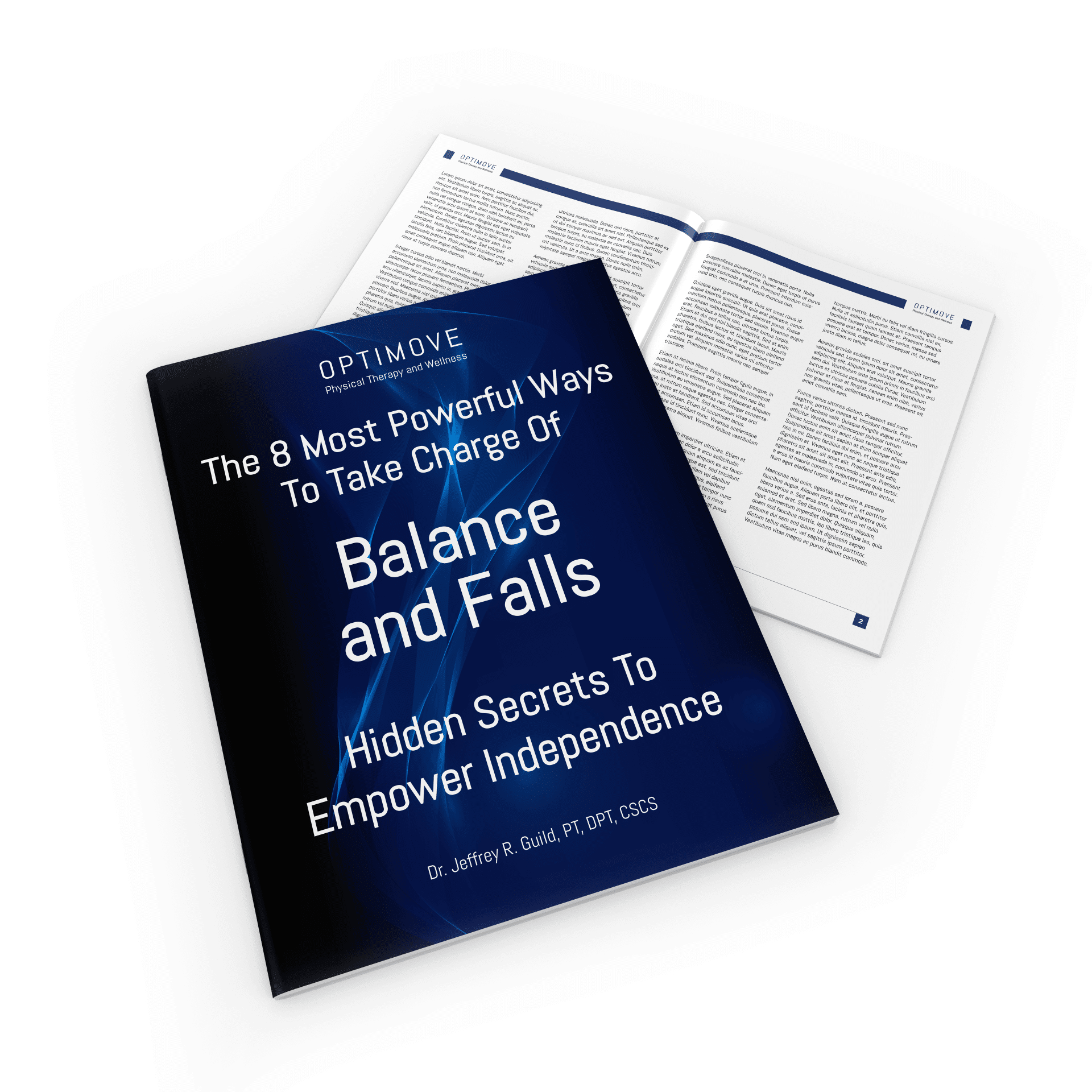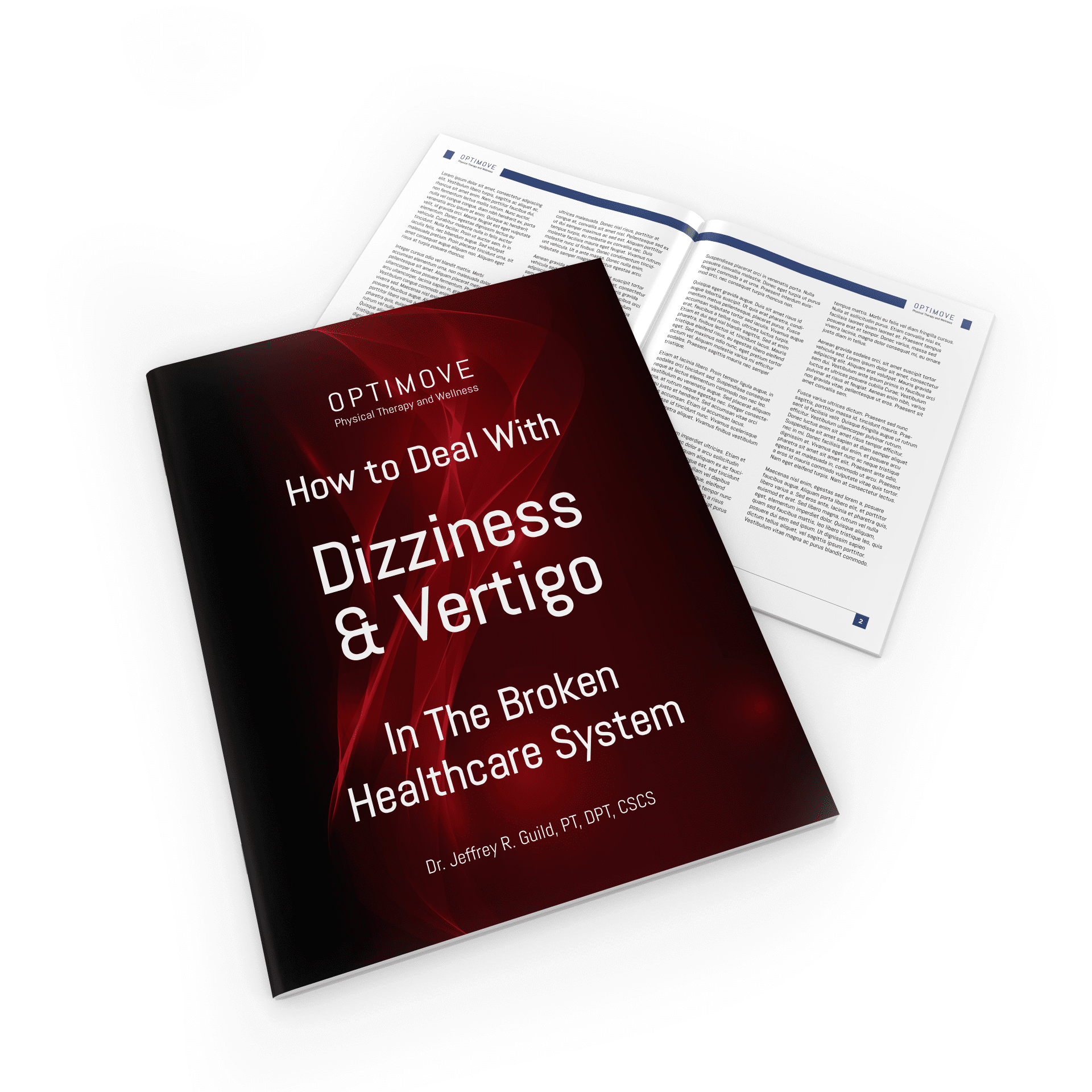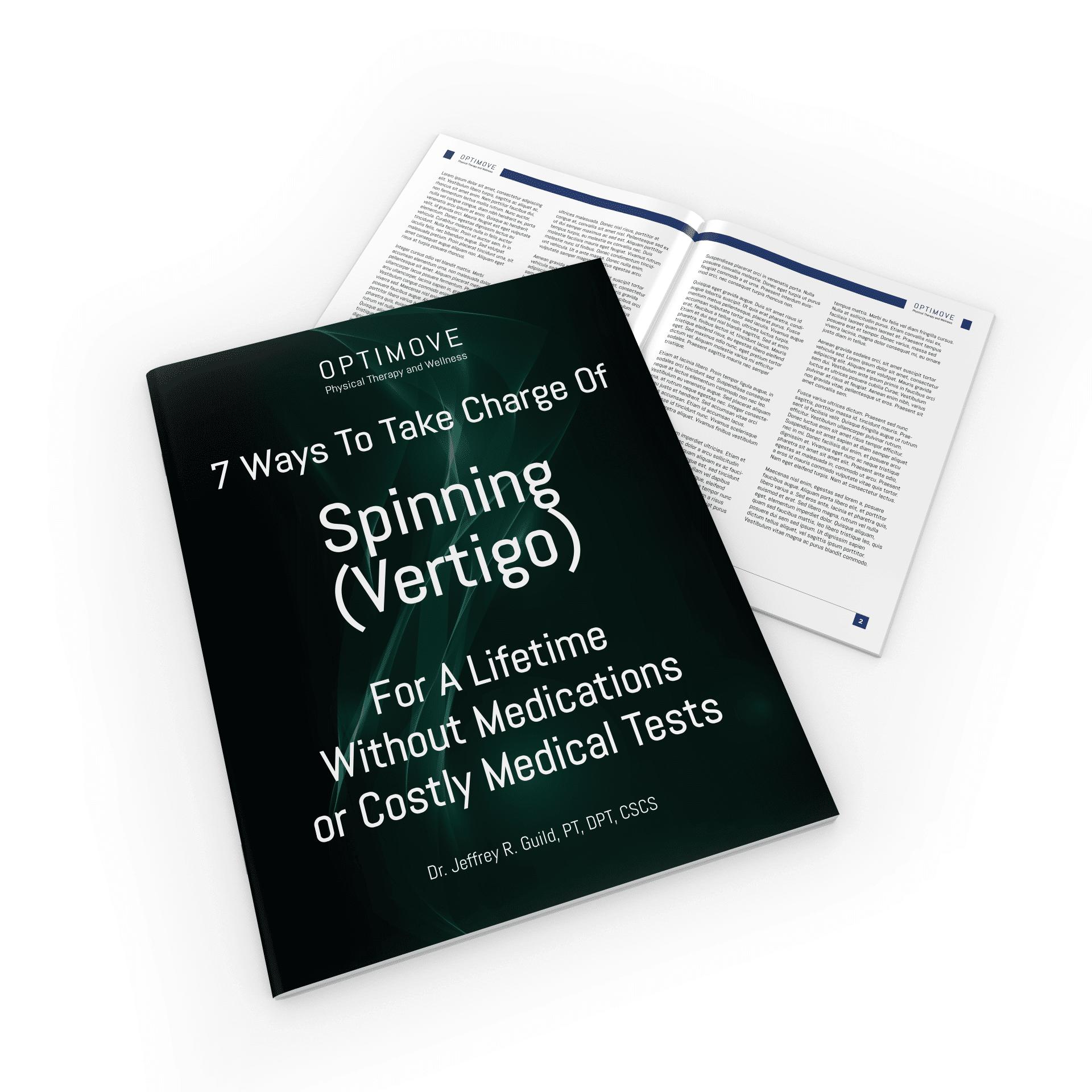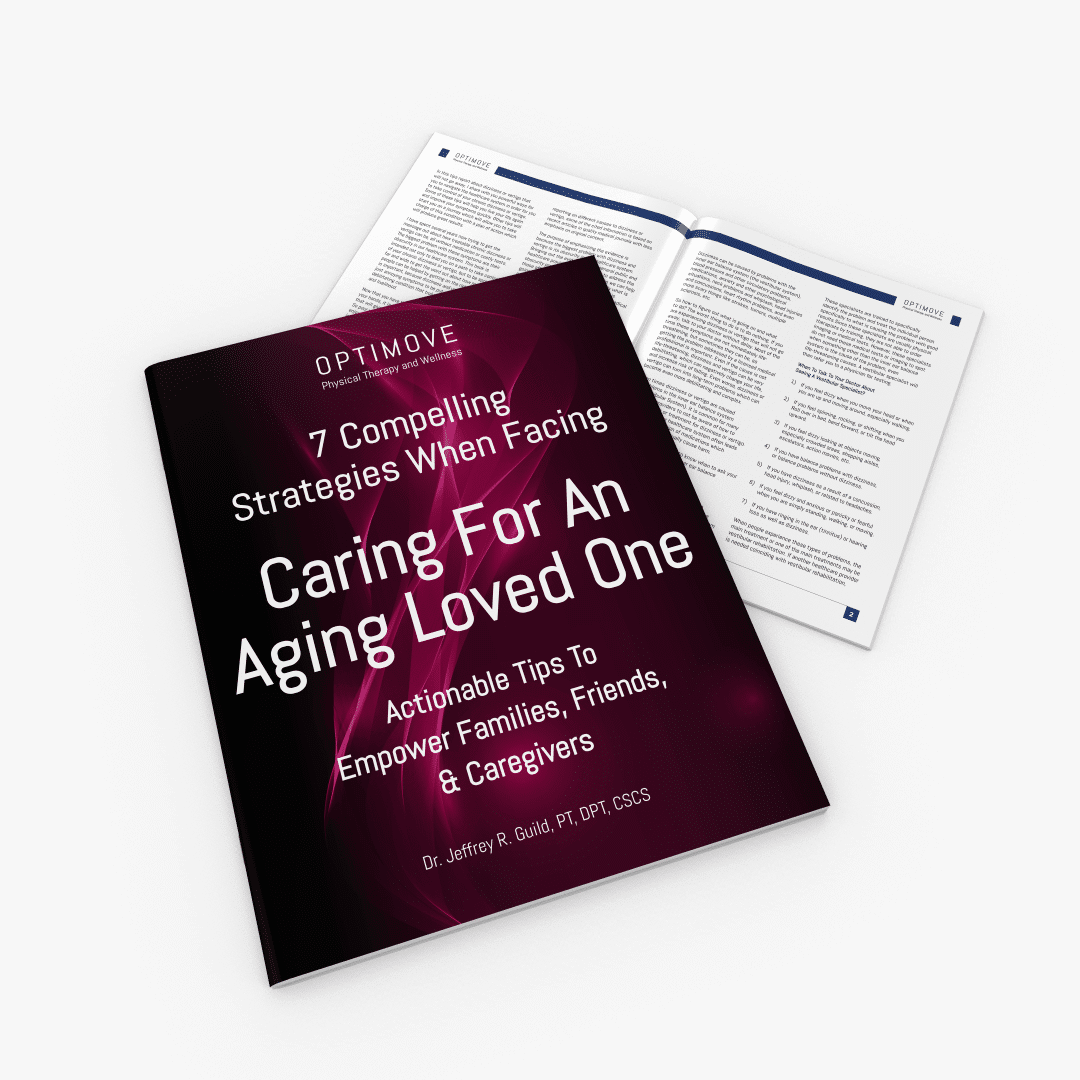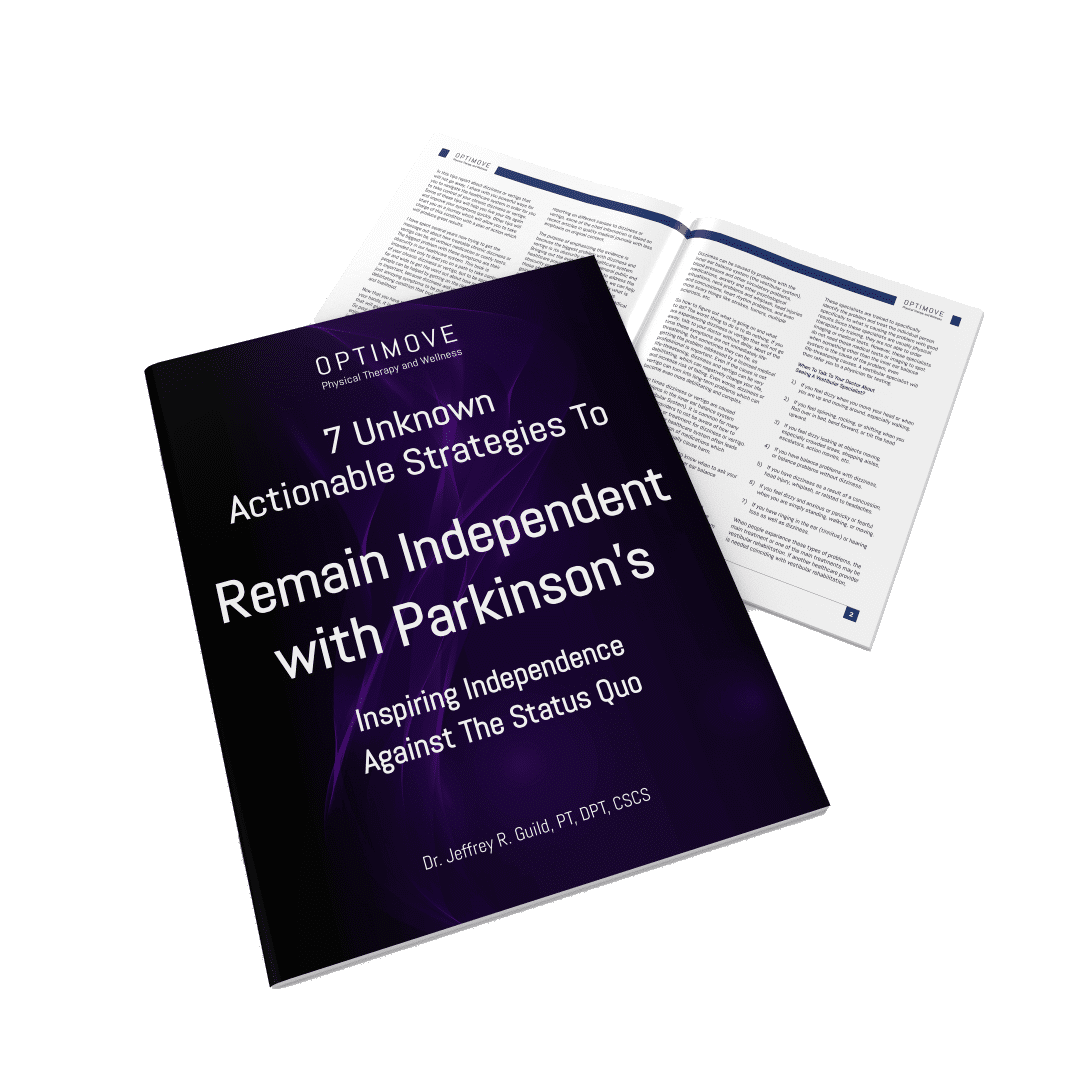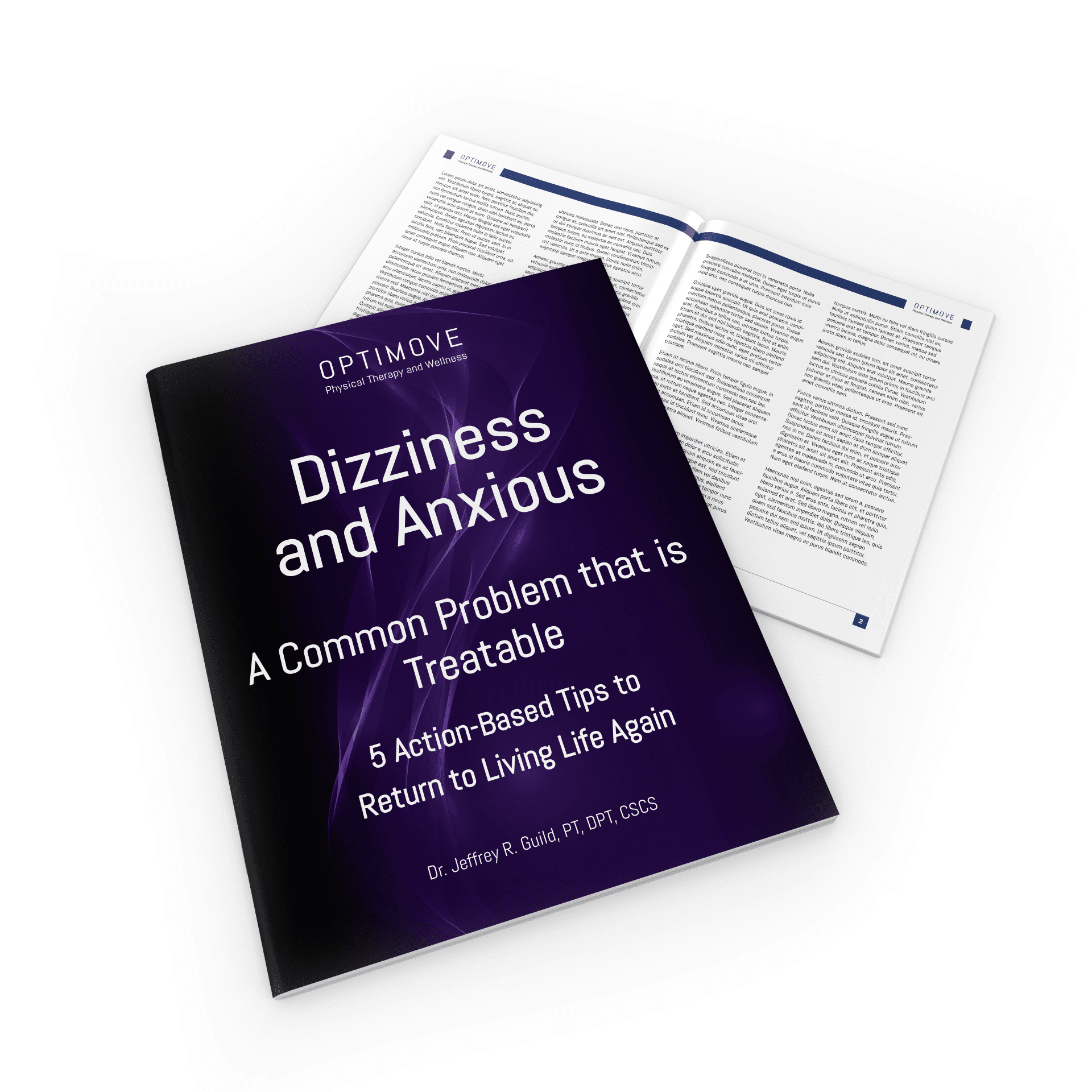When talking about generalized balance training, we have to find the root of the problem. Starting from there is how we can create a routine that will help.
–
Do you or an aging loved one struggle with balance and falls? There is hope. Let us empower you to maintain your independence at home and in the community.
Click the link below to book your free in-home discover visit: https://old.optimovedfw.com/balanceandfallsfb
I’d like to talk today about generalized balance training. It’s important to distinguish between individualized training that’s geared towards finding the root cause of balance, dizziness, or vertigo problems, and generalized balance training. The latter is essentially a one-size-fits-all approach, a basic set of practices that we tend to give everybody.
This form of balance treatment might be familiar if you are an older person or if you care for an older person who has gone to physical therapy for these sorts of problems, either due to a fall, concern about someone’s balance, or a noted decline in an older person.
In physical therapy, you might encounter this general approach characterized by running mill, generalized balance training. And yes, people do get somewhat better. They get stronger, but there’s not a full resolution to the problem. This scenario is quite common throughout physical therapy.
The reason for this lies in the specialization of the therapist. Individuals highly specialized in balance and falls, as well as vestibular disorders – essentially, dizziness and vertigo disorders – would approach the issue differently compared to a therapist who is more oriented toward orthopedics or a generalist physical therapist who deals with a lot of different things.
When you see a more general physical therapist or someone not necessarily specialized in vestibular disorders, neurological disorders or balance in general, you’ll tend to get more of a generalized balance training solution.
On the other hand, you will tend to see a more individualized, specialized form of treatment tailored to balance disorders with a vestibular specialist. An excellent vestibular specialist is someone who’s had substantial coaching and mentoring and has treated the condition thousands of times. This person hasn’t just attended a weekend or even a week-long course. While there are very good courses like these out there, the real value lies in the coaching, mentoring, and hands-on experience on top of those courses. Not everybody can get that type of experience.
Therein lies another story about why it is so difficult to find this level of expertise in this field. But for now, let’s refocus on the importance of a specialist. You might have a vestibular specialist available, but there are also neurological specialists who take on a different angle of approach.

